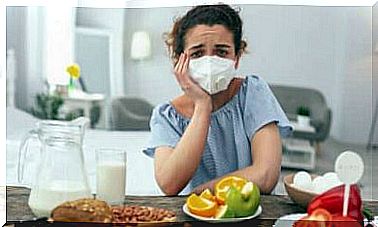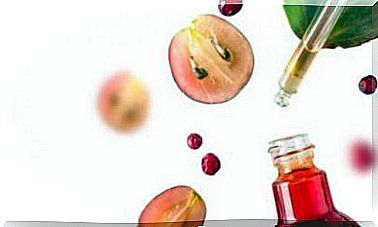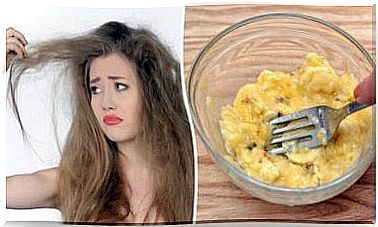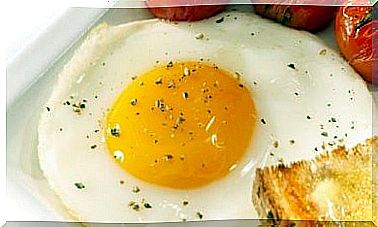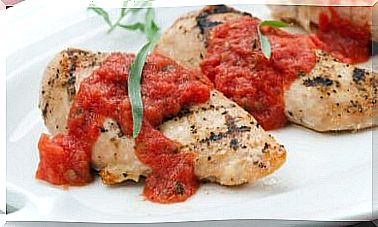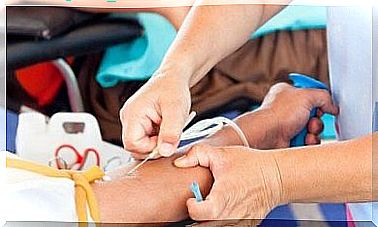5 Fake News On Nutrition
Over the past few years, a number of fake news have been broadcast on nutrition. Some attribute miraculous properties to food and others are overly alarming. What should you know about this?

The avalanche of information that we can access today through the Internet and social networks, makes fake news about food rife. The topic related to nutrition accounts for more than half (54%) of the fake news detected by the doctors who took part in the first study on the hoaxes on health.
Food hoaxes are characterized by being either too good or too bad. That is, when the benefit of a single food exceeds that of a healthy diet. In the rest of this article, we reveal 5 fake news on diet that you should know about!
Food fake news
A Nutrition Today publication suggests that educational efforts should be invested in helping consumers recognize scientific misinformation about nutrition.
Thus, it is essential that everyone be more aware of and avoid believing claims about “nutritional cures”, “miracle foods”, “alarming reports” and the like. Let’s take a look at some of the popular food fake news .
1. Does burnt toast cause cancer?
Acrylamide, a compound classified by the International Association of Cancer Registries as possibly carcinogenic to humans, is formed in burnt bread.
For this substance to appear, the food must contain reducing sugars and amino acids (mainly asparagine). It must also be subjected to cooking temperatures above 120 ° C.
However, this substance is not exclusive to bread. It can also be formed by the heat treatment of potato croquettes, pastries, coffee, breakfast cereals, etc. In 2015, the European Food Safety Authority raised concerns about levels of exposure to acrylamide through food.
Although large amounts should be consumed to be a health risk, it is advisable not to consume acrylamide. These foods should not be cooked over 170 ° C. They should take on a toasty color, avoiding dark brown.
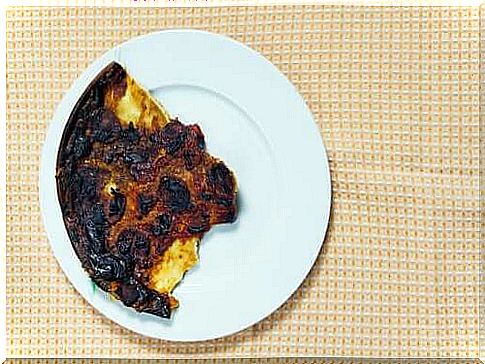
2. Food fake news : if I’m on a diet, can I drink whole milk?
Until a few years ago, it was advisable to opt for varieties of skimmed milk when dieting. This advice was intended to reduce the amount of calories and fat. And this without taking into account other aspects of the diet.
However, current scientific evidence seems to contradict this guideline. We can see it in this article published in The American Journal of Clinical Nutrition .
The European Guidelines for the Management of Obesity in Adults recommend replacing low-fat dairy products with whole milk as a strategy for managing obesity.
3. Does lemon water purify?
This food fake news is totally inaccurate. It does not purify and we do not need it. We have three organs in our body responsible for our “purging” : the liver, kidney and lungs.
Lemon is rich in citric acid, an antioxidant that acts as a pH buffer. This is why this false belief could be generated. There is no food that purifies!
4. Food fake news : Does eating fruit after a meal make you fat?
The calorie intake of different types of fruit is variable. However, the calorie intake of a fruit is always the same whether it is eaten before, during or after a meal. There is no scientific evidence to suggest that a fruit’s calorie intake can vary depending on the time of day it is eaten.
In addition, there is evidence that a high consumption of fruits and vegetables is more likely to lead to weight loss and maintenance of the lost weight. In fact, one of the possible mechanisms by which fruits and vegetables can contribute to weight loss is their potential effect on satiety.

5. Does eating five times a day speed up the metabolism?
This idea stems from the fact that when you eat you are spending energy in order to be able to digest. And break down food into all of its components. This is called the thermogenic effect of food.
However, it turns out that the calories used in digestion are more or less proportional to the volume of food consumed. And the type of macronutrients. In other words, if we consume a diet of 2000 kcal per day, it does not matter whether we break it down into 3 meals or into 5. The thermogenic effect will be the same.
In the Journal of Nutrition , a study was published in which the authors concluded that there is no strong scientific evidence to say that increasing the frequency of meals is positive for weight loss.
Final comment
There are many other fake news about food. Therefore, the most recommendable is to solve all your doubts with the help of professional nutrition. This way you will avoid falling into false beliefs which can endanger your health.
